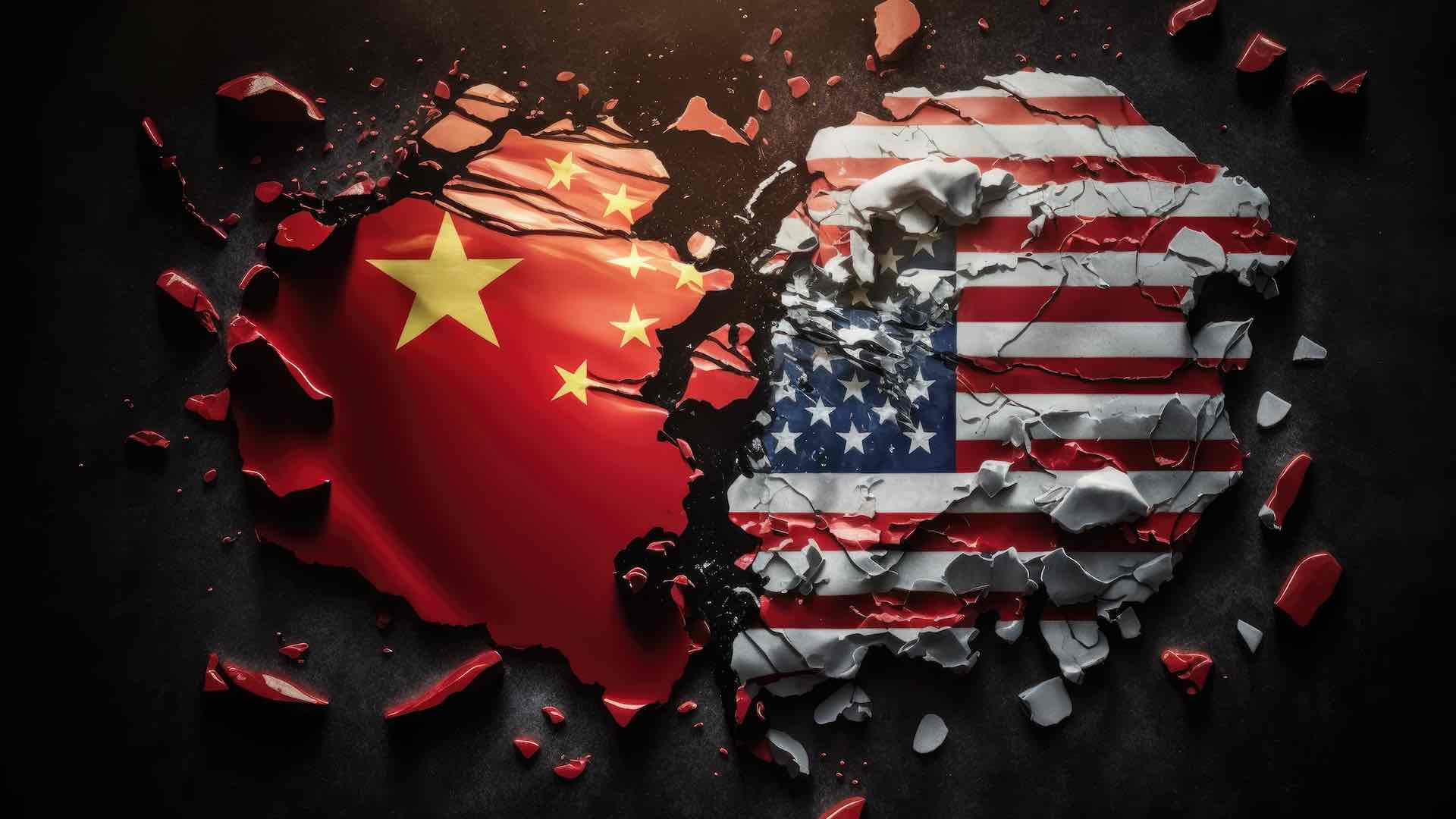U.S. President Joe Biden is poised to unveil new tariffs targeting key sectors, including electric vehicles (EVs), medical supplies, and solar equipment, in a move expected as soon as Tuesday, according to sources familiar with the matter. The anticipated announcement comes against the backdrop of the November presidential election, with Biden, a Democrat seeking re-election, maintaining a firm stance on China that aligns with existing tariffs set by former President Donald Trump, his anticipated Republican challenger.

The impact of these tariffs on Chinese industries is expected to be minimal, particularly concerning EV exports to the United States. Data from the China Passenger Car Association indicates that Geely, a Chinese automaker, exported only 2,217 cars to the United States in the first quarter of this year. Despite Geely’s limited exports, Polestar, a subsidiary of China’s Geely and Sweden’s Volvo Cars, has been making strides in the EV market, with plans to expand production outside China, including in South Carolina for the U.S. market.
In the solar industry, where over 80% of panel manufacturing occurs in China, the impact of new tariffs may be mitigated by longstanding tariffs already in place for over a decade. While the cost advantage of producing solar panels in China remains significant, the details of the new U.S. tariffs will determine their effect on the sale of equipment used in panel manufacturing.
Chinese-made medical supplies, such as syringes and personal protective equipment (PPE), also face the prospect of additional U.S. tariffs, according to sources. China exported approximately $30.9 billion worth of medical goods to the United States in 2022, constituting about one-fifth of its overall medical goods exports. The expected tariffs form part of the Biden administration’s broader strategy to safeguard against supply shortages experienced during the pandemic, aiming to prevent a recurrence of critical equipment shortages that strained healthcare systems.
In December, the United States Trade Representative extended China-related tariff exclusions until May 31, a move contested by the American Medical Manufacturers Association, which argues that these exclusions are no longer necessary to address COVID-19 emergencies and hinder fair competition for American manufacturers.
